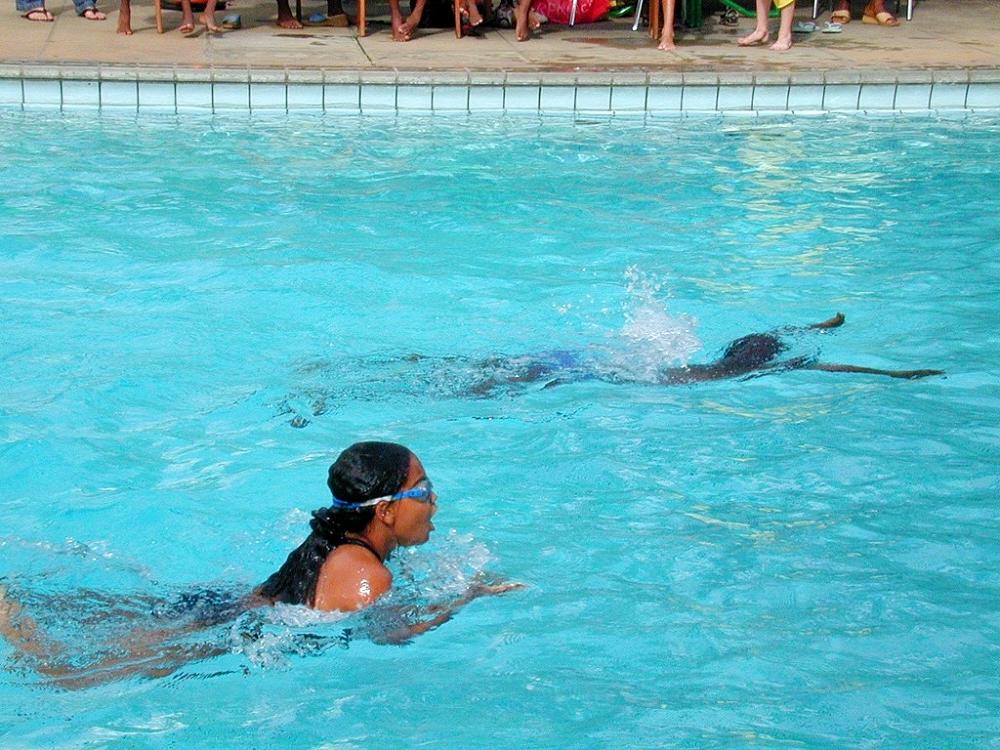
Active lifestyles
Material poverty adversely affects children's participation in activities.
As a practising occupational therapist, Lecturer Simon Leadley was aware that many preexisting issues contribute adversely to the situations people find themselves in. That led him to wonder what occupational therapists could do by way of preventative health promotion. He decided to research the effects of material poverty on children's activities, how it influenced their patterns of occupation.
Simon undertook an in-depth study of the activity of one pre-teen, who kept a diary of daily activities, photographed favourite occupations, and talked about what activities were most meaningful and why. Simon also interviewed members of the child's whānau, a youth group leader and a sports coach about the child's activities. He observed the family at home, and his comprehensive investigation also included the location of various activities, cost of participation, and means of transport to and from activities. A Māori cultural advisor supported Simon's research.
Simon's analysis of this data revealed patterns of occupation, confirming that material poverty did affect this child's occupation and is likely to affect other children similarly. For example living in a high deprivation neighbourhood meant that it was often unsafe for the child and siblings to play outside, so they spent more time watching television instead. Participation in activities was constrained by cost and ability to get there. Simon is concerned that constraints due to material poverty mean children may develop sedentary habits which have long term implications for healthy lifestyles and social connections. Children would benefit from equitable access to a wide range of activities.
